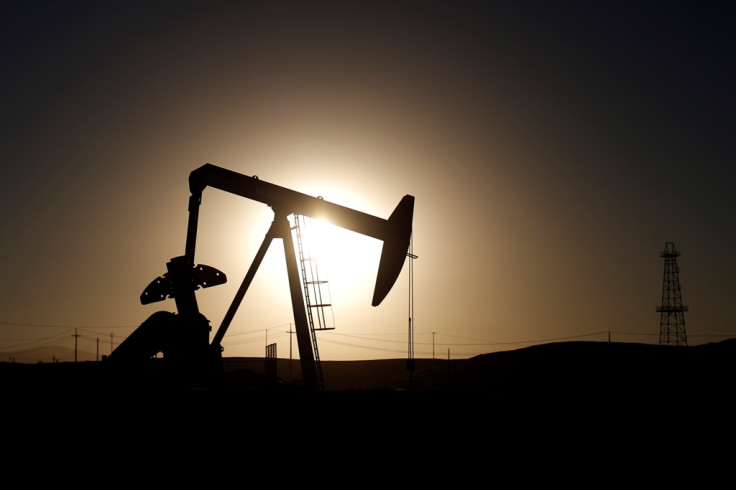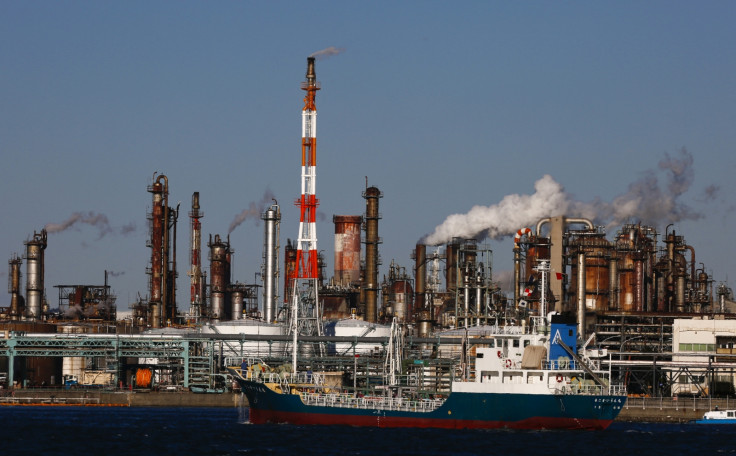William Keegan: Oil price collapse brings short-term woe but long-term benefit to Opec policymakers
The collapse of the oil price is truly sensational news. It is especially welcome news for policymakers in the Group of Seven (G7), and indeed the broader group of over 30 industrial economies that make up the membership of the Organisation for Economic Cooperation and Development (OECD).
It is not such good news for Russia and those members of OPEC whose budgetary and foreign currency earnings will be hit for six by recent developments. Moreover, as the financial pages are now reporting daily, there are an awful lot of market operators whose speculative positions put them in serious trouble.

However, the micro examples of bad news have been receiving more attention than the good macro news - as we used to say in the old Fleet Street days: bad news sells papers.
Historical context
To understand how important the collapse in the oil price is, one can cast their mind back to the 1970s (and for those younger readers who were then but a gleam in their parents' eyes, it should be interesting to read up on the economic and financial history of the time).
Once the power shortages of the years following World War II were over, Western economies and Japan enjoyed decades when cheap energy was taken for granted. All that changed in the 1970s when oil producers, led by those in what was then known as the Arabian Gulf, asserted their bargaining power and resorted to the "oil weapon".
The immediate cause was the reaction of the Arab countries to what became known as the Yom Kippur war, initiated by Israel. But an important factor lurking in the background was the way that after the break up of the Bretton Woods system of fixed exchange rates, Washington embarked on a policy of "benign neglect" towards the exchange rate.
The effect was not so benign for what became known as the OPEC group, because oil was priced in US dollars, and consequently, export earnings from oil were devalued. During the first "oil shock" of 1973-74 the price was doubled, then doubled again, ending up with a quintupling of the price by the mid-1970s.
This was both inflationary and deflationary. Inflationary in that it gave added impetus to an inflation spiral that Western policymakers were trying to master; deflationary because the effect was to remove a sizeable chunk of purchasing power from members of the oil-importing nations.
This, incidentally, contributed in no small measure to the problems of the British economy in those days and the nation's resort to the International Monetary Fund during the sterling crisis of 1976.
Policymakers must capitalise on the opportunity presented
Current events in the oil market are the inverse image of that first doubling of the oil price in 1973-74. The Saudis have made it clear that as far as they are concerned, the halving of the oil price is not something they are trying to reverse. The fracking revolution has had a major impact on the price, and its effects have been compounded by a slowdown in the rate of growth in the Chinese and other economies.
Traditionally, Saudi Arabia has been the swing producer - it bestrides the oil market like a Colossus - but instead of cutting back production to alter the posted price of oil, it is concentrating on maintaining market share at these low levels.

Now, I have said the overall picture is one of good news for most OECD countries, but there is a proviso: much depends on the way Western and Japanese policymakers handle the situation.
The effect is expansionary, putting massive purchasing power into the hands of consumers; but the price change is also deflationary (or more precisely, disinflationary) in that it lowers the inflation rate at a time when it is already low in most countries.
In a world where macroeconomic policy has been handed over to central bankers, and achieving inflation targets is seen as the be all and end all, this ought to give policymakers great scope for expansionary measures to offset the disinflationary effect and, a fortiori, avoid the deflationary cloud that hangs over some nations, not least in the eurozone.
I just hope that modern policymakers are sensible enough to grasp the opportunity. We shall see in 2015. Meanwhile, Happy Christmas!
William Keegan is a journalist and academic who is the senior economics commentator at The Observer.
© Copyright IBTimes 2025. All rights reserved.






















